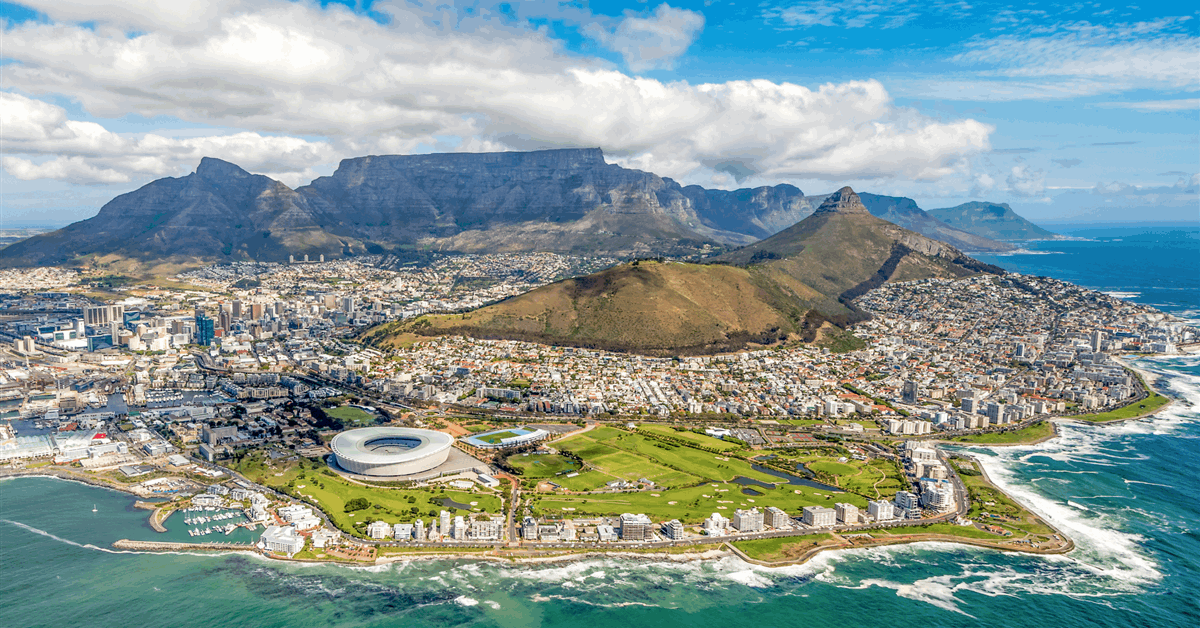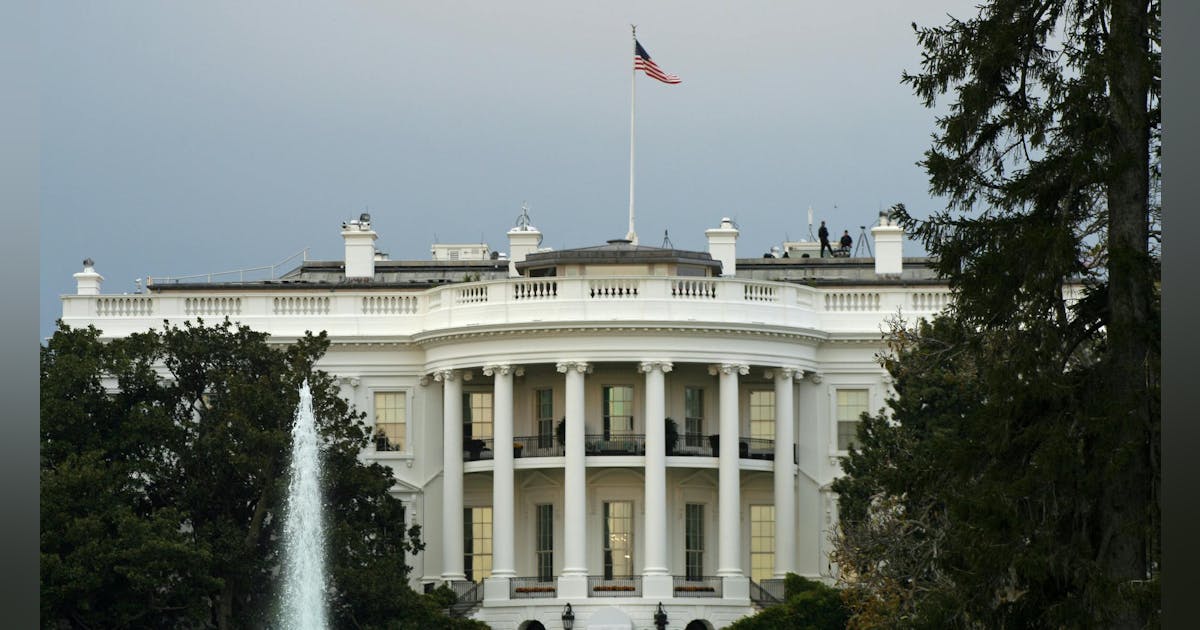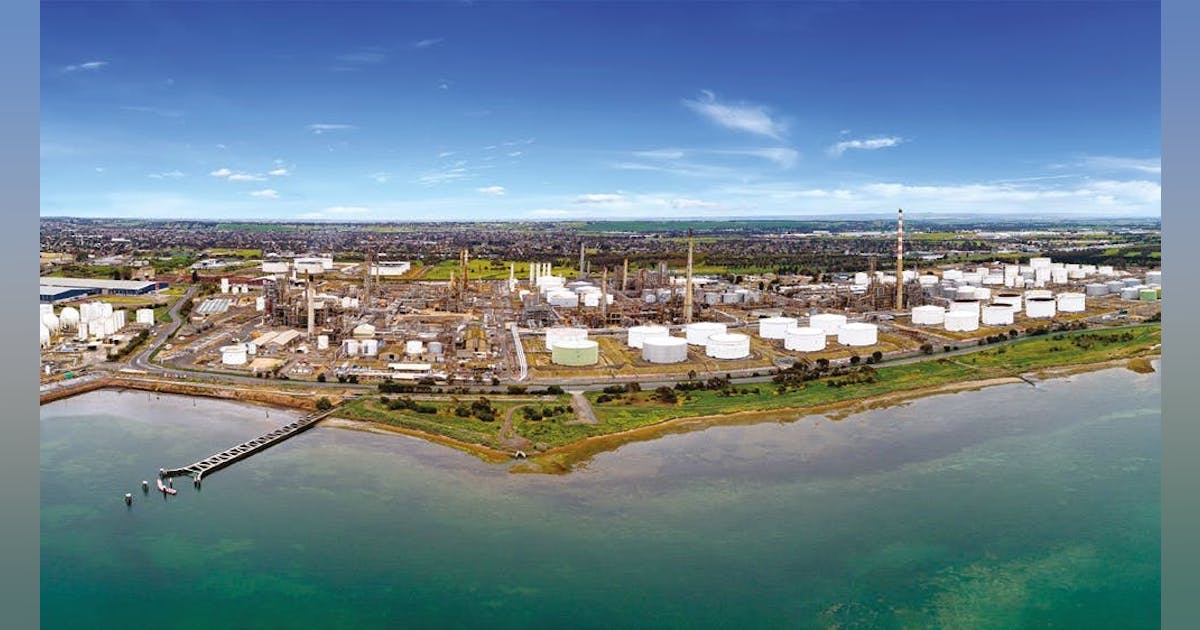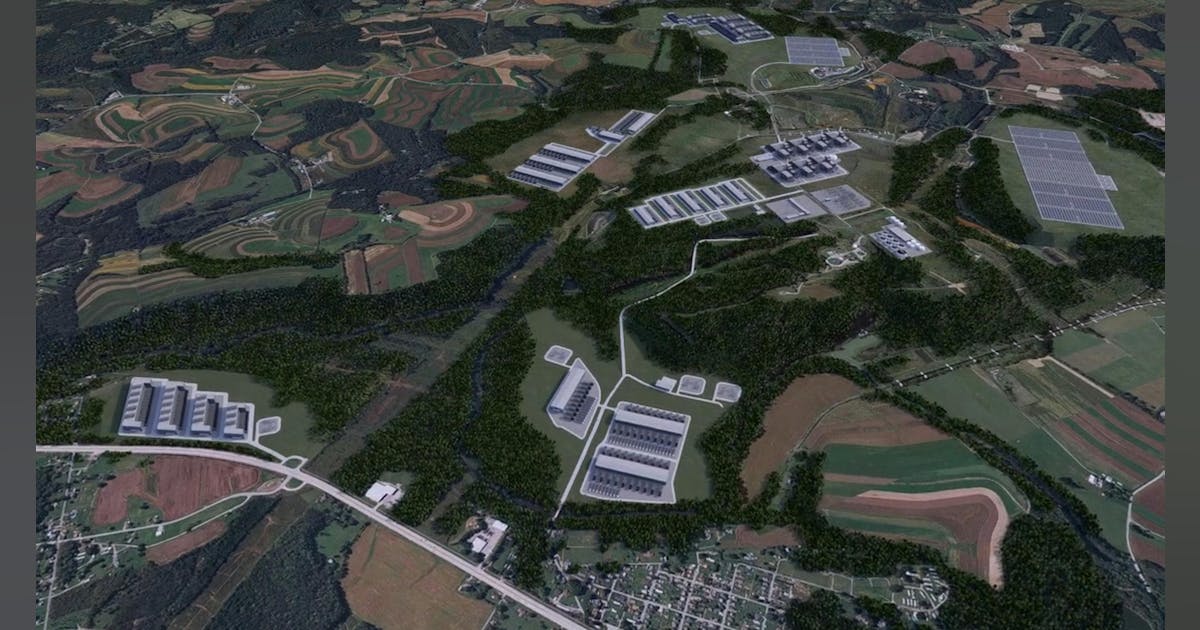The fall in global oil prices caused by uncertainty around US trade tariffs is currently “painful but not causing injury” for North Sea operators, according to an analyst.
US President Donald Trump imposed sweeping tariffs on trading partners around the world on 3 April, leading to widespread economic uncertainty.
Fears of a global slowdown in trade has seen a steep drop in oil prices, with Brent crude dropping from around $75 on 2 April to around $65 on 16 April.
European natural gas prices have also seen similar falls since the tariff uncertainty began.
As a result, the International Energy Agency (IEA) has forecast that the world will use less oil this year, and warned oil markets are “in for a bumpy ride” as multiple countries scramble to enter trade negotiations with the White House.
North Sea impacts of oil price slump
But Wood Mackenzie research director Gail Anderson told Energy Voice that the fall in prices is not currently causing major problems for North Sea producers.
However, Anderson said that could change if oil and gas prices drop further, with possible impacts on North Sea exploration.
“If [oil prices] were to go down below $60 per barrel then we could see operators revising near term capex guidance to preserve cash flow and canning any discretionary spend like exploration, etc.,” Anderson said.
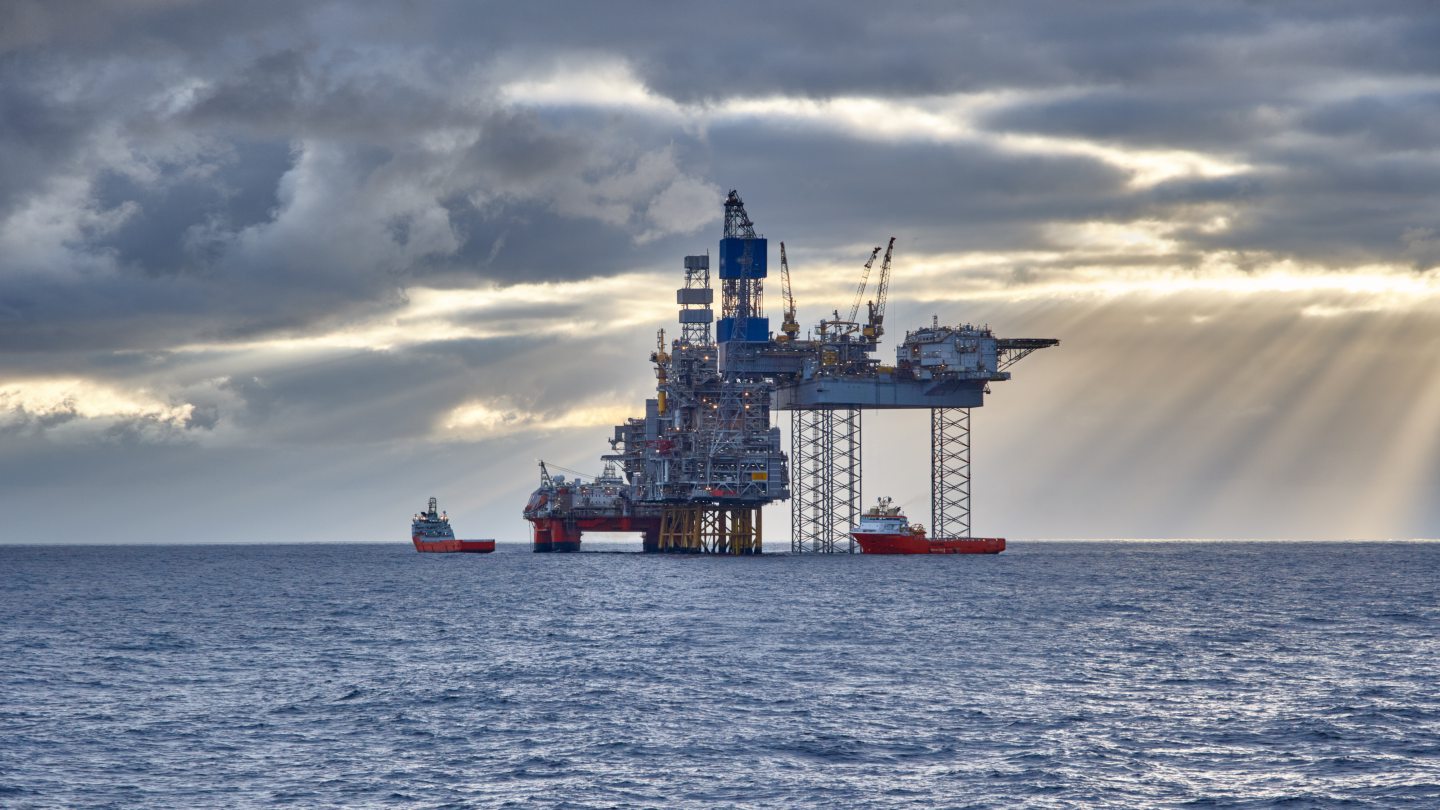 © Shutterstock
© ShutterstockWhile all North Sea operators are “being impacted to a similar degree,” Anderson said “the most oil-weighted players are feeling the biggest impact”.
Rosebank ‘probably won’t be affected’
But amidst the near-term uncertainty for 2025 and 2026, Anderson said Wood Mackenzie’s “long-term assumption for prices remains unchanged”.
This means that the current oil price levels should not change the economic outlook for North Sea projects which are in development, Anderson added.
“That would change of course if the long-term assumption was revised downwards,” she said.
“Under development projects due onstream in 2025/2026 could be impacted such as Teal West, Belinda, Victory, Murlach.
“But [these projects are] unlikely to become uneconomic because they are lower cost subsea tie-backs.
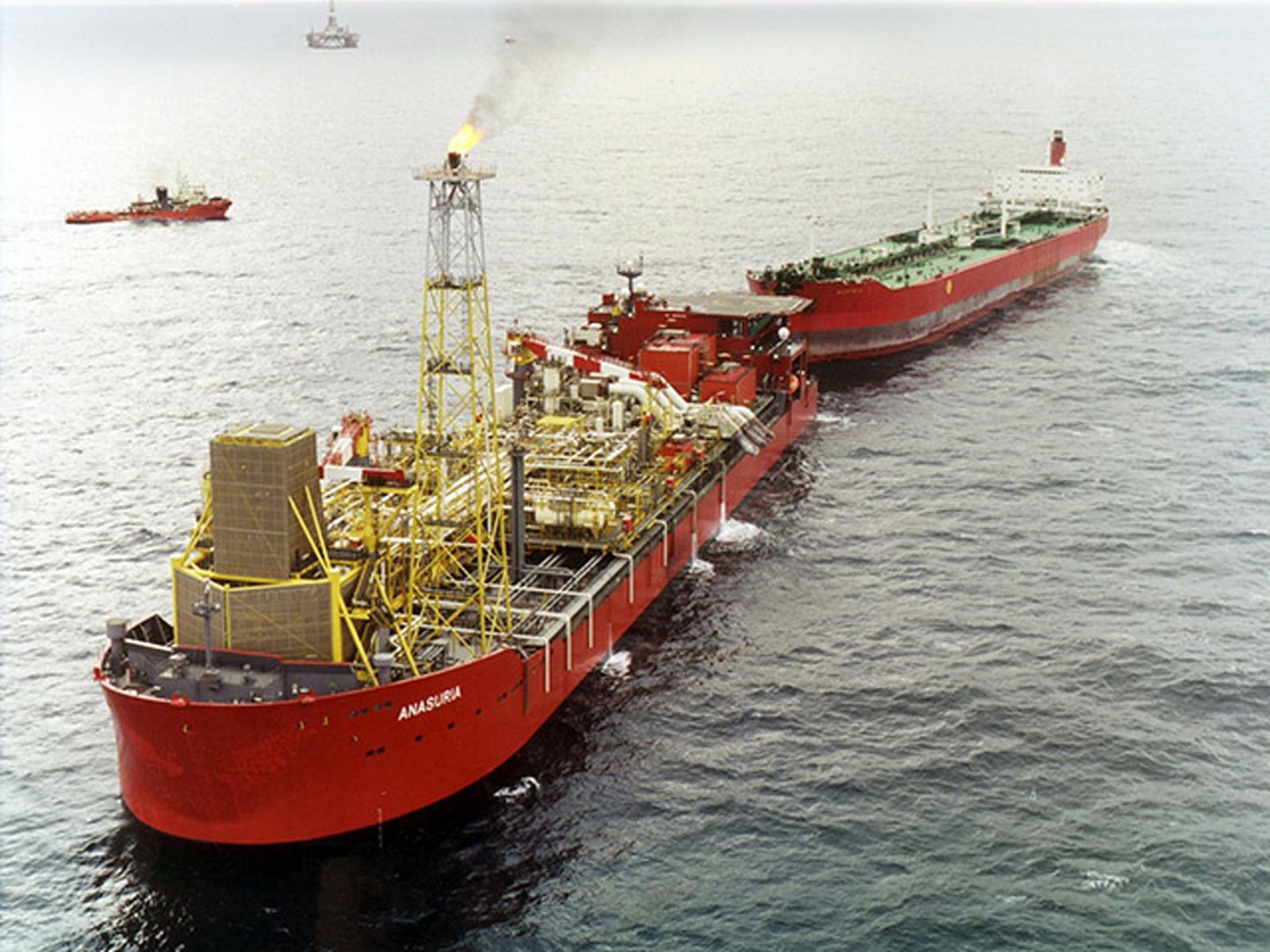 © Supplied by –
© Supplied by –“Under development projects like Rosebank coming onstream in 2027, probably won’t be affected.”
As for European gas prices, Anderson said the “volatility” could impact Shell’s Jackdaw and Victory developments.
Looking ahead, Anderson said demand side risks remain from global tariff-related headwinds, while on the supply side there are risks from OPEC+ countries potentially unwinding their production cuts.
Oil prices and North Sea windfall tax
North Sea operators are currently subject to a windfall tax of 78% on profits imposed after Russia’s invasion of Ukraine, which led to a sharp increase in oil and gas prices.
However, the UK government has put in place a mechanism (ESIM) which will see the Energy Profits Levy (EPL) rescinded should oil and gas prices fall below set levels over a six-month period.
Under the ESIM mechanism, the threshold prices are $71.40 per barrel for oil and £0.54 per therm for gas.
But while global oil prices are currently below the thresholds set by the UK government, Anderson said it is “unlikely” the ESIM will be triggered this year “while gas prices remain high”.
“But of course there is much uncertainty on near term prices,” she said.
“If the EPL ended and we went back to a 40% marginal tax rate, then that would change the outlook despite the price volatility.
“Companies would re-evaluate their projects and there would probably be an uptick in drilling provided prices don’t fall below $60/bbl.”





